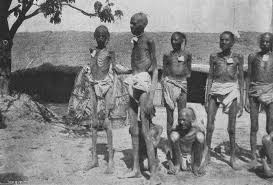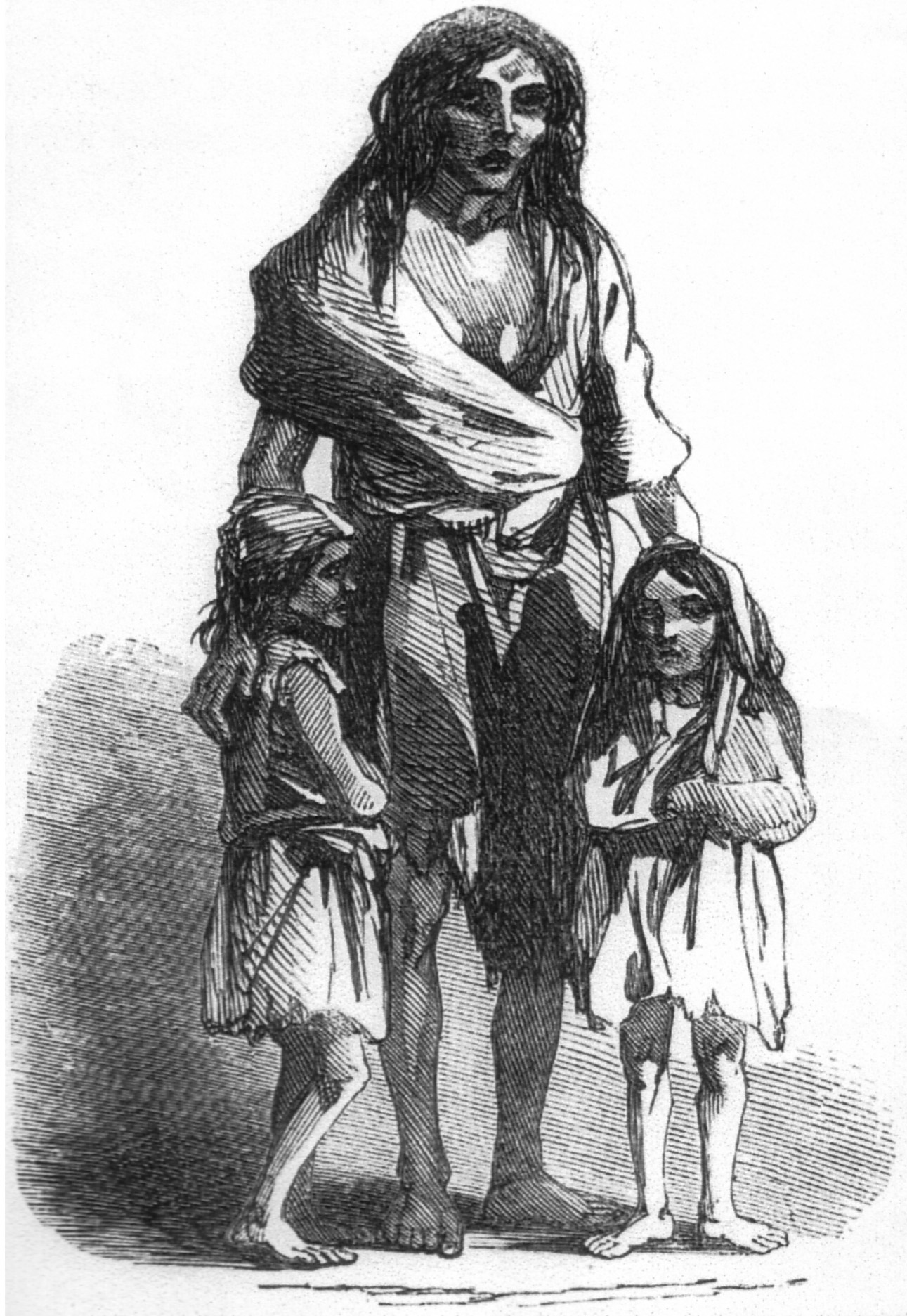This country ruled India directly after the Sepoy Rebellion
Britain
This was the primary economic goal of European imperial powers in their Asian colonies
extract natural resources and generate profit
This country remained independent during the age of imperialism by modernizing and negotiating treaties
Thailand (Siam)
This American naval officer forced Japan to open its ports to foreign trade in 1853 (also an actor on Friends)
Matthew Perry
This rebellion by Indian soldiers in 1857 was sparked by religious and cultural tensions with the British
Sepoy Rebellion
This European country controlled Vietnam, Laos, and Cambodia during the 19th century
France
Britain traded this major resource to China that led to widespread addiction and conflict
Opium
This system forced Indonesian farmers to grow crops for Dutch export rather than for local use
Cultivation System
This major event in 1868 restored power to the Japanese emperor and began rapid modernization
Meiji Restoration

This 1919 movement protested Japanese rule in Korea
March 1st Movement
This Asian country became a colony of Japan in 1910
Korea
This treaty ended the First Opium War and forced China to open several ports to foreign trade
Treaty of Nanjing
Japan banned this in Korean schools during its occupation of Korea
Korean language / cultural instruction

Japan modeled its new modern army after during the Meiji Restoration after this European country
Germany
This term describes the belief that colonized peoples should govern themselves and take pride in their own culture
Nationalism
This European empire governed Indonesia during the 19th century
Dutch


Cash crop agriculture affected local food supplies in colonized regions like India and Indonesia in this way (hint: much like the Irish)
It reduced food production and caused famines
This term describes the special privileges foreigners enjoyed in Chinese treaty ports after the Opium Wars
Extraterritoriality
富国強兵
This was the slogan that summarized the Meiji government's goal of building national wealth and military strength replacing the slogan sonnō jōi ("Revere the Emperor, Expel the Barbarians")
"Rich Country, Strong Military" ("Fukoku Kyohei")
Name one non-violent method colonized people used to resist imperialism.
Boycotts, cultural preservation, protests, petitions
These two major European powers competed for influence over Southeast Asia, with Thailand acting as a buffer state between them
Britain and France
This reason is why Britain and other powers invest heavily in building railroads and ports in their colonies
Trade (To efficiently export raw materials and imports)
Name one way French colonial rule changed education in Vietnam and Laos
Introduced French-language education and promoted French culture

This war proved that Japan could defeat a European power, signaling its emergence as a world power
Russo-Japanese War
This anti-foreign uprising took place in China between 1899 and 1901
Boxer Rebellion